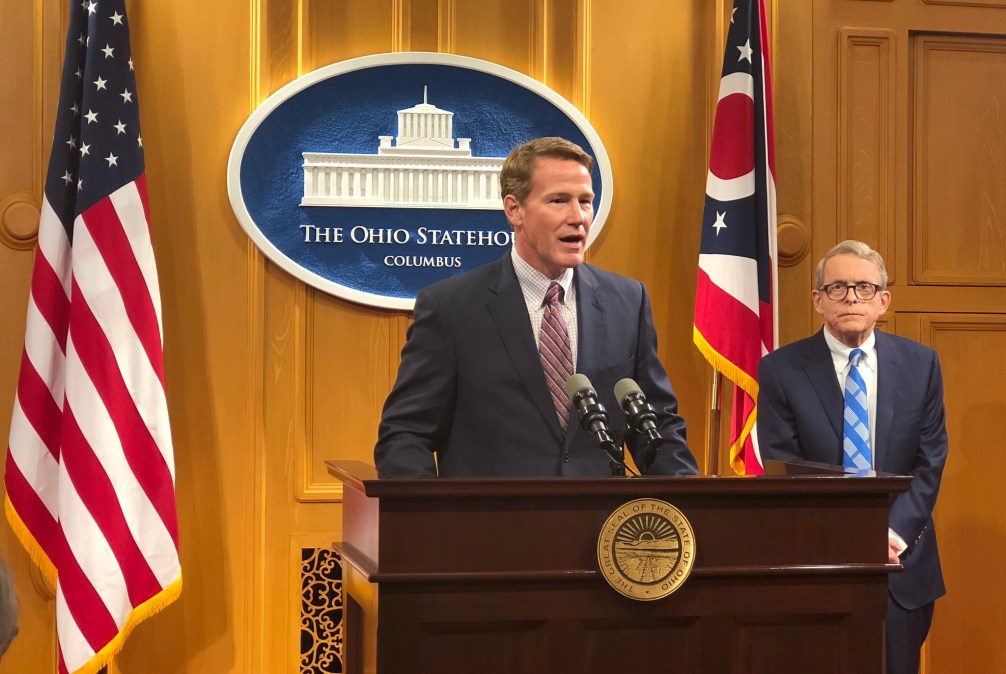Skip to main content
The new toolkit includes template guidelines for Ohio’s education leaders to use in the creation of AI classroom policies.

Ohio released an artificial intelligence toolkit for K-12 educators on Thursday that provides school districts with resources to develop their own policies for using the technology in the classroom.
The five-part AI Toolkit, which was developed in partnership with the nonprofit AI Education Project, includes template guidelines for education leaders to use in the creation of policies best suited for their communities, according to a news release. Some special considerations of the policy toolkit include student privacy, data security and ethical implications, and it also provides teachers with the resources to prepare students for the workforce in an increasingly AI-driven world, the news release said.
Last year, Ohio Lt. Gov. Jon Husted led three public forums with the state’s digital services platform InnovateOhio, and participants expressed a need for guidance on AI use in K-12 settings for teachers, parents and policymakers. As a result, Husted said he partnered with the AI Education Project to create the toolkit, which he hopes will boost AI literacy.
“The predominant request was educators wanting help implementing the technology in the classroom,” Husted said in the release. “This toolkit is a resource for those who will prepare our students for success in an AI world. It continues our work to ensure Ohio is a leader in responding to the challenges and opportunities made possible by artificial intelligence.”
Rather than setting explicit rules, the toolkit encourages leaders to identify values and goals specific to the district or school to guide their AI policy development. The toolkit also points to examples in other states, such as California and Michigan, that have created similar frameworks for schools to consider in drafting AI policies.
“The more resources we place in the hands of school leaders, educators, families and students, the better positioned we will be to use AI tools thoughtfully and responsibly,” Stephen D. Dackin, director of the state’s Department of Education and Workforce, said. “Our schools are preparing students to be successful when they graduate and this AI Toolkit can spark discussions, create learning opportunities and provide a structure for what works in Ohio’s classrooms and local learning communities.”
Latest Podcasts
Modernization
Cybersecurity
